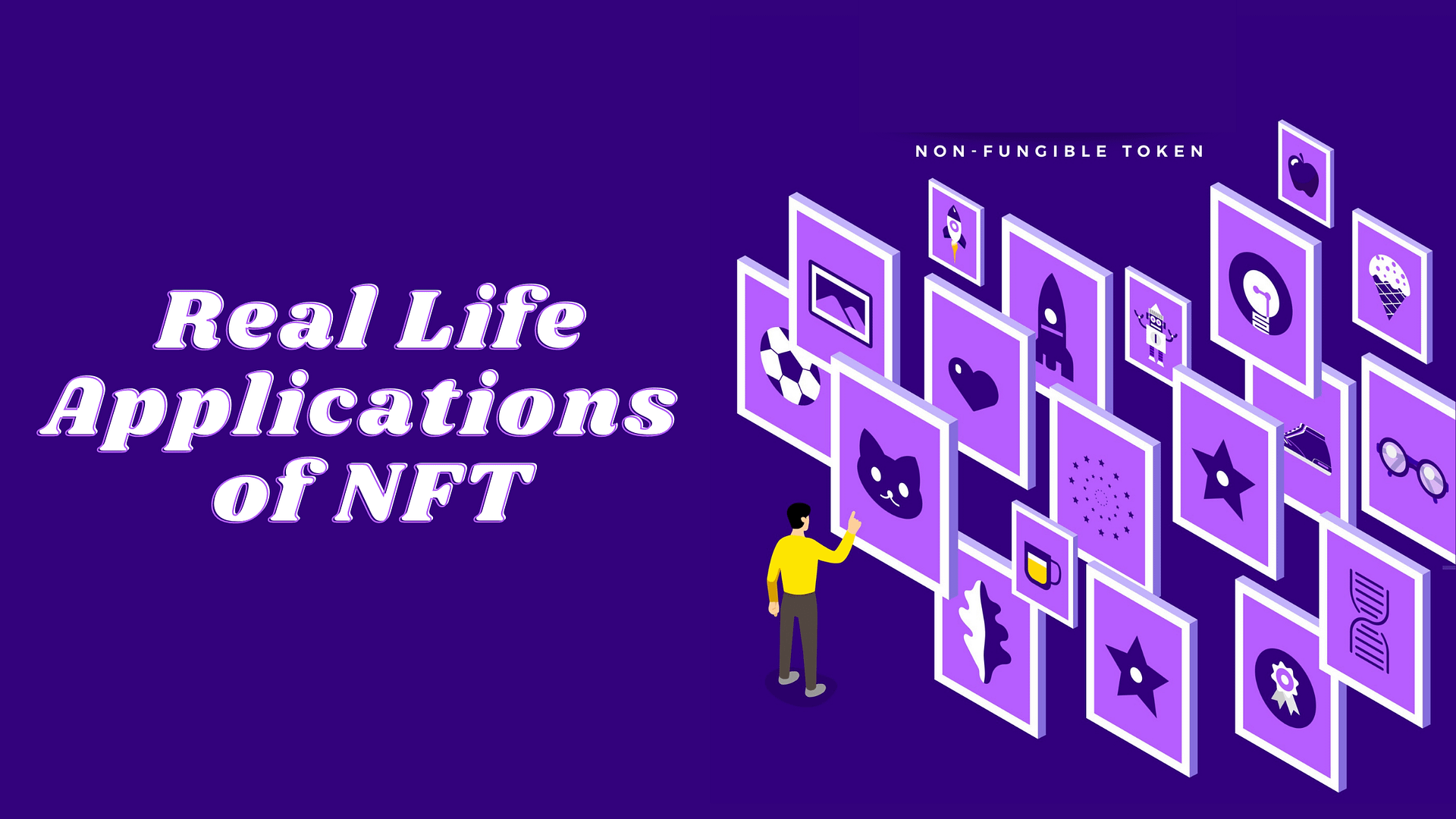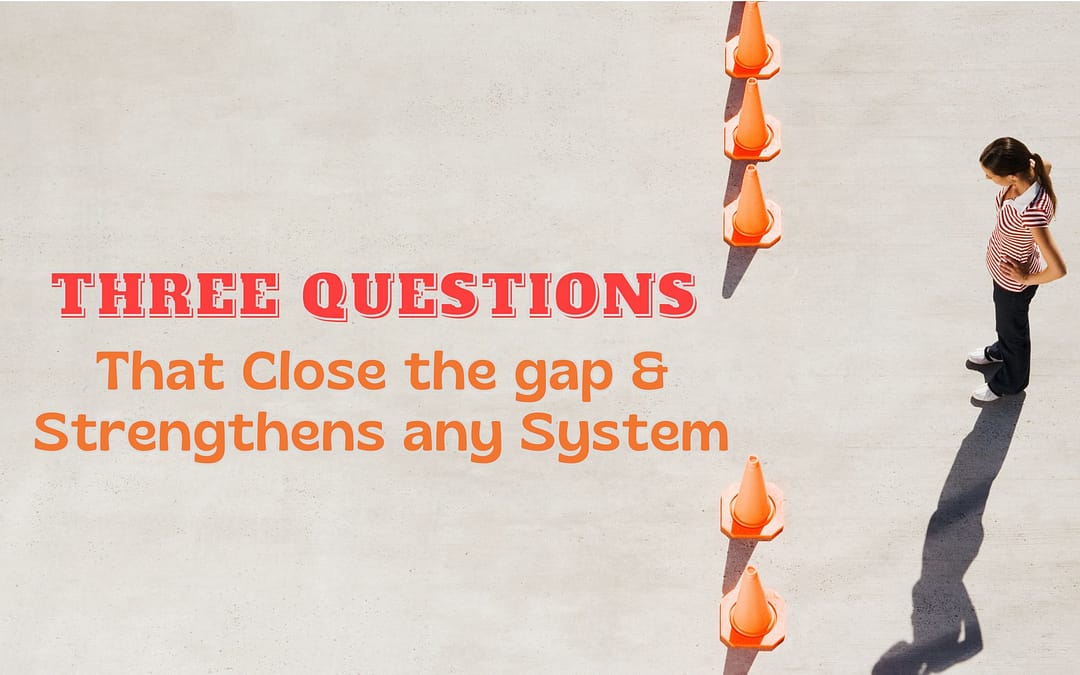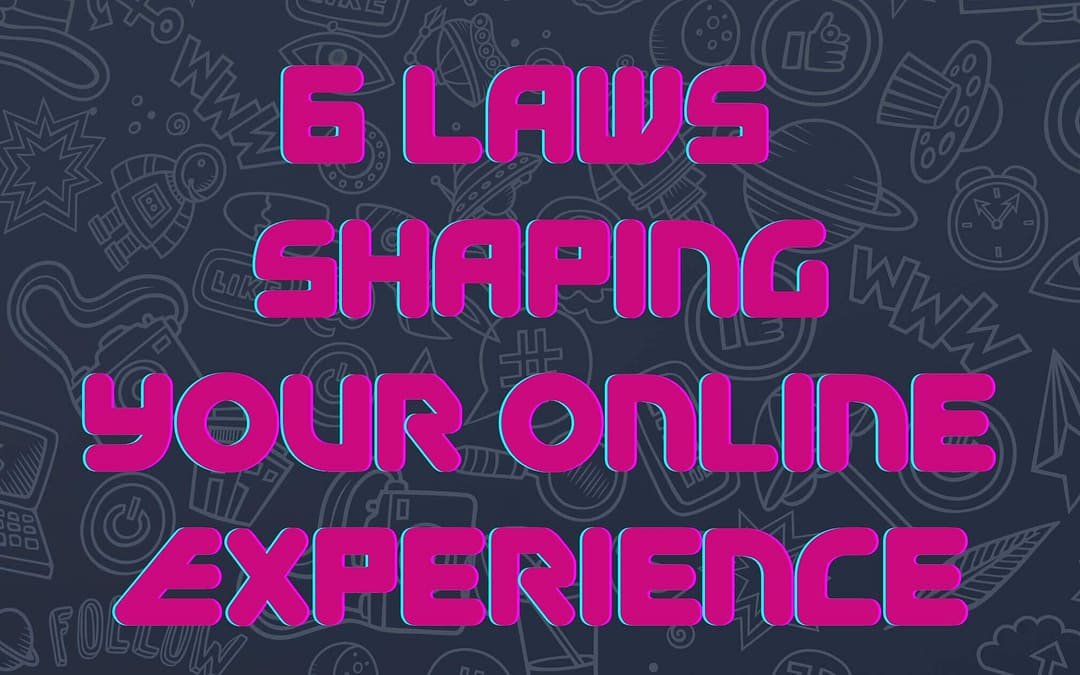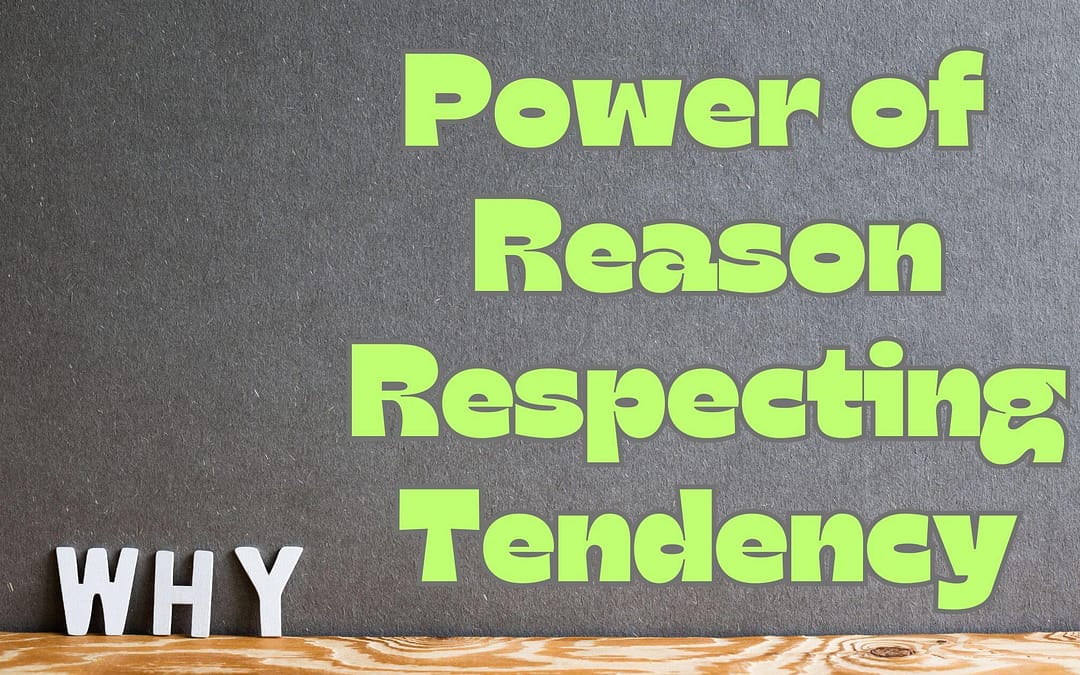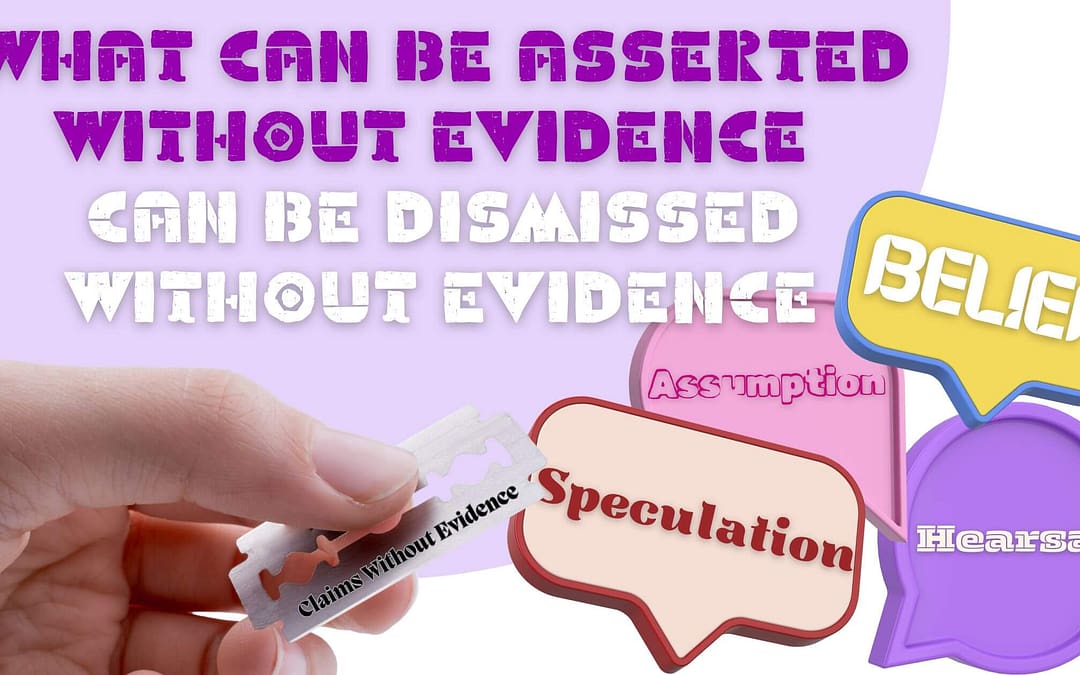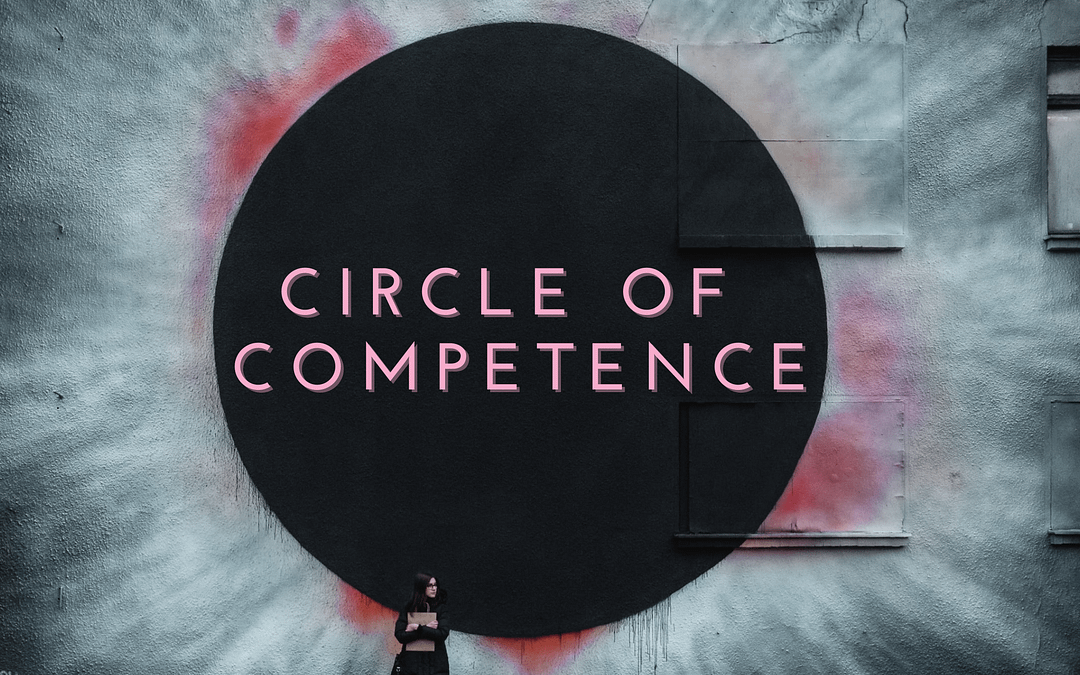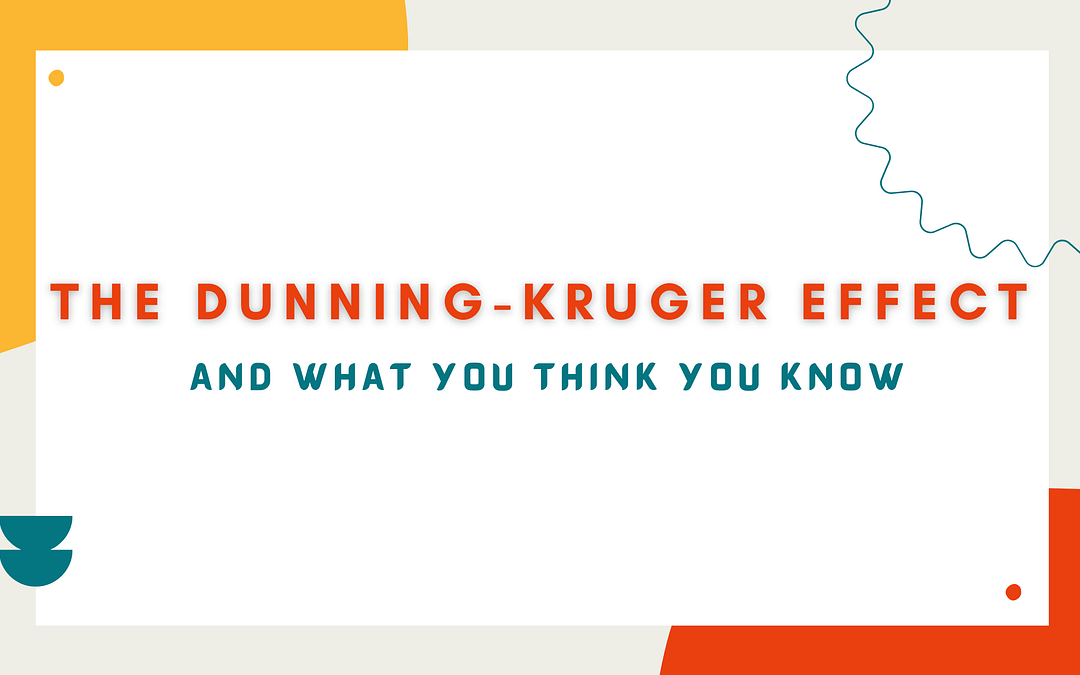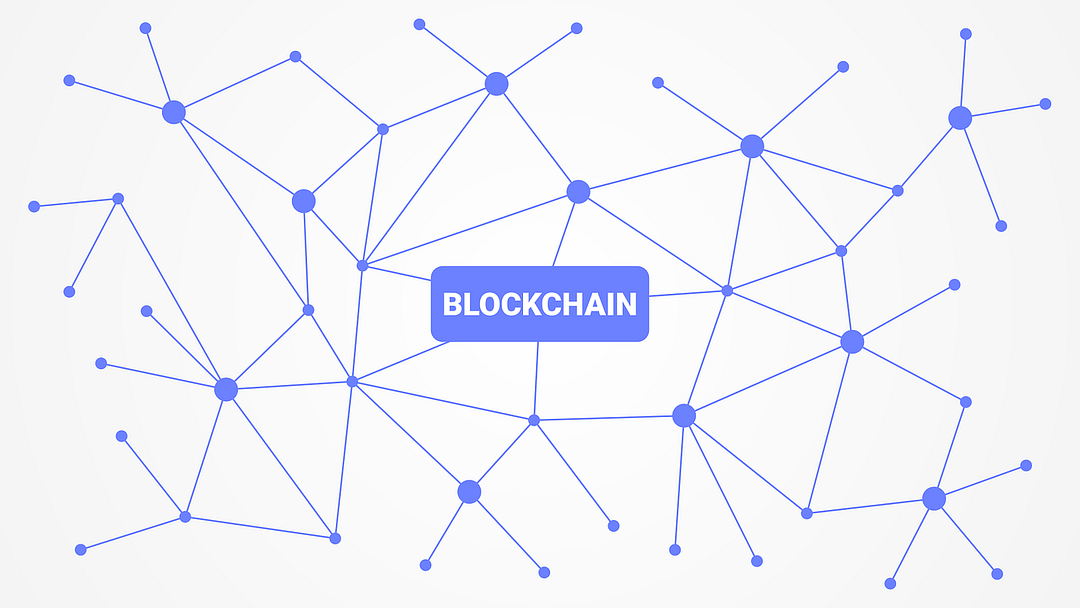NFTs, Grimes used it to sell digital art worth millions, and the founder of Twitter even used it to sell his first tweet. But what exactly is an NFT, and will they be around for much longer, or are they some kind of digital trend that will quickly fade away.
Let me be the first to say that from the looks of it, NFTs are here to stay and will likely be an everyday part of life in the future. It’s not just another way of selling and buying cryptocurrencies. NFTs have the potential to change daily life and how things are done across all industries. Here’s what you need to know about the future of NFTs and their applications.
It’s like Bitcoin, right? Not exactly.
NFT stands for non-fungible token. Unlike Bitcoin, it cannot be replaced by another token of equal value. Although it uses blockchain technology, an NFT is more like a one-of-a-kind piece in the chain that cannot be replaced by something else. This makes it perfect for applications far beyond cryptocurrencies.
To put it simply, you can think of it as a unique and nonreplaceable digital asset. It’s secure, easy to use, and can represent nearly any digital asset you can think of. But who exactly can benefit from using NFTs, and where are we likely to use them in our daily lives in the future?
Government applications of NFTs
You can use NFTs to represent important documents like titles, deeds, licenses, identification, birth certificates, and they can even be used for secure electronic voting. Everyone would use a digital wallet, similar to wallets used for cryptocurrencies, and carry access to their important one-of-a-kind documents. Doing this would completely alter how governments record this information, saving a lot of time.
The beauty of this system is its ability to be used in an international setting. For example, in a refugee crisis, governments can instantly identify individuals through their digital wallets without having to pass a series of bureaucratic hurdles.
Keep your digital assets secure
It’s not only the government that benefits from NFT technology. You can also use it to store essential digital assets that prove you own physical assets in the real world. For example, you can use NFTs to prove you’re the owner of a home and have the right to sell it. Without direct access to your digital wallet, no one can duplicate or change the NFTs representing your assets.
One use of NFTs can be for representing your latest will. You would be able to adjust your will without any confusion over its authenticity or whether or not it is the most recent edition of the document. This is just one of many ways that NFTs can help keep your digital assets secure.
NFTs can change the way healthcare is done
Healthcare information is sensitive. VPNs and other security measures already protect most of it, but NFTs can change all of that. In the future, patients may carry a digital health wallet that lists all of their medical history and insurance information, making it easier for providers to access and verify this information.
NFTs can even be used to track controlled drugs and substances, verify them every step of the supply chain, and ensure that only specific individuals have access to them. Incorporating NFTs for these uses would save both patients and providers a lot of time and money.
How NFTs can change the financial industry
NFTs also have the potential to change the financial industry through a unified ledger system. Financial institutions can use the unified ledger comprised of NFTs to verify assets and transfer them, especially in international settings.
The most well-known example is cryptocurrencies. They have already revolutionized how people transfer money and keep their assets secure without the need for a financial institution. However, financial institutions can use NFTs to represent more traditional assets while maintaining many of the same freedoms and conveniences blockchains are known for.
What NFTs mean for the everyday person
The confusion surrounding NFTs for the everyday person makes it seem like the future of their applications will make things more complicated, but the opposite is true. They can simplify transactions, unify important information in one place, and increase the security of your private information.
You don’t need to know precisely how NFTs work to use them, just like you don’t need to understand how a car works to drive. The future of NFT applications is an exciting one, and you can expect it to revolutionize the way things are done across almost every industry.

